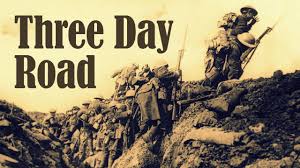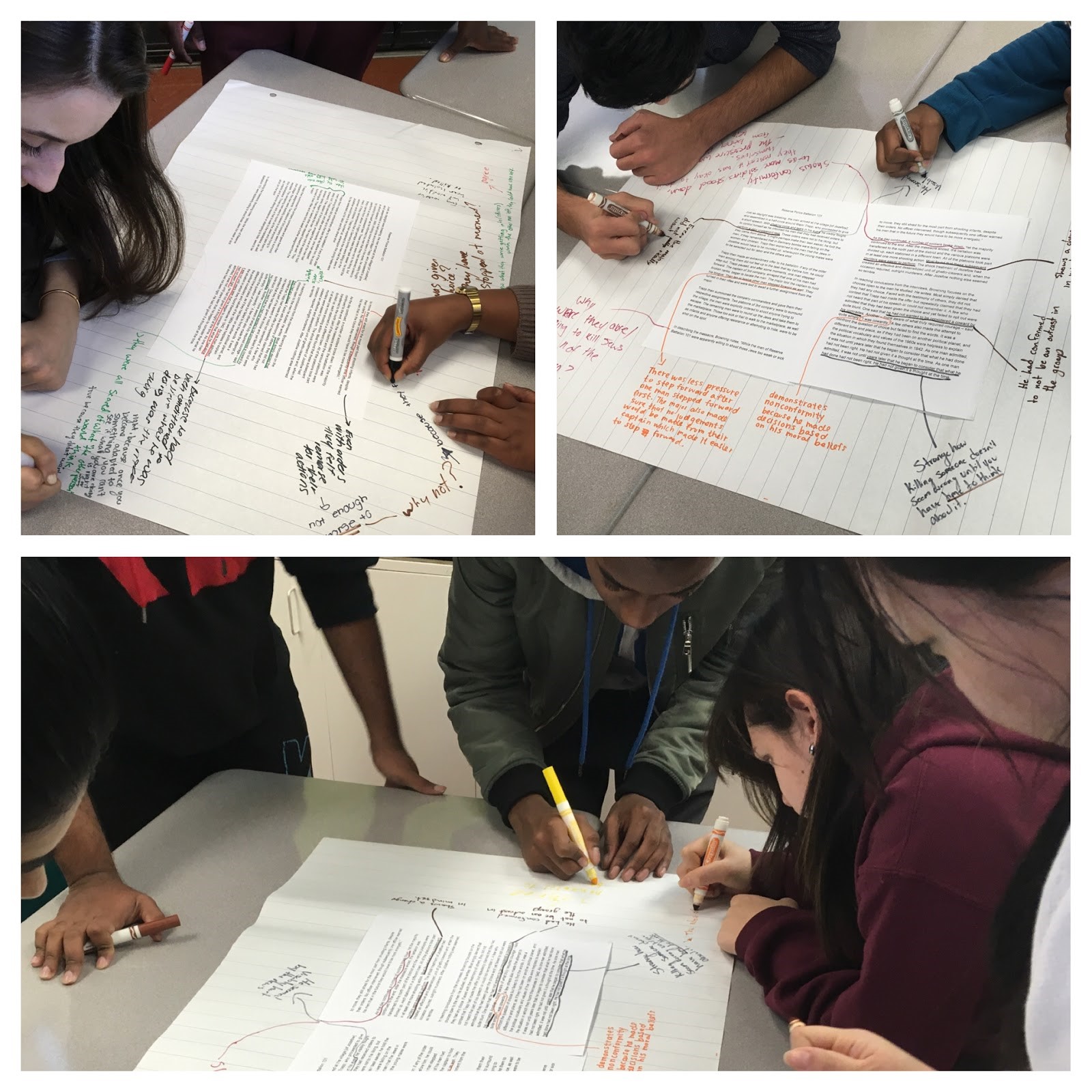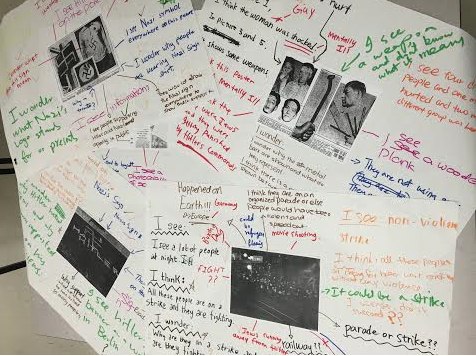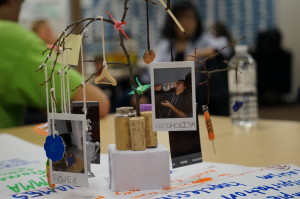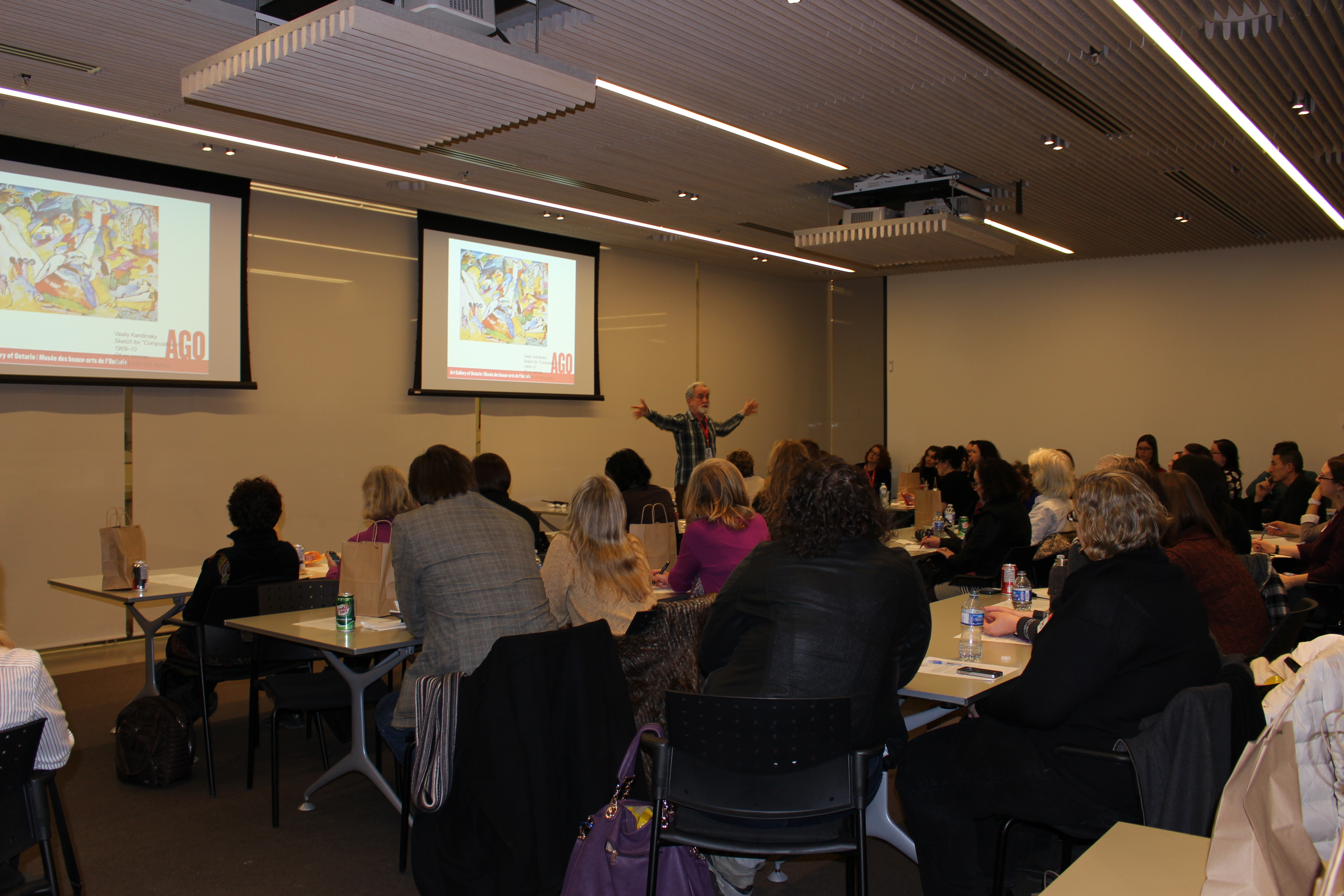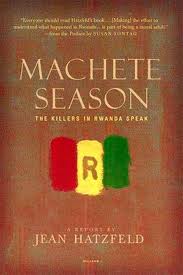This is part two of Amy Smith’s Blog The Road to Equity: How do you define equity? In part one she discussed her own learning journey of gaining additional knowledge about groups identified as in need of more support in schools in the equity and inclusion branch of Peel Board’s five year School Success Plan. All of her reading and learning encouraged her “to really reflect on the life I was living, and the privileges I have that I was not even aware of simply because I was born in a white, abled, cisgender body.” In part two she will cover how she took her own learning and expertise to help other educators start their journey, to start learning about who they are as people and how their privilege and bias impacts their students.
Topics: Teachers, Culturally Responsive and Relevant Pedagogy, big paper, Equity in Education, positionality, collaborative inquiry
In my grade 10 Canadian history class, I often used excerpts from Joseph Boyden’s Three Day Road to explore what life was like for soldiers during WWI. In this novel, protagonist Xavier Bird returns to Northern Ontario in 1919 after fighting in France and Belgium. He is met by his aunt Niska, an Oji-Cree woman, and the two travel back to their village. On this journey, the two recount traumatic experiences from their past - Xavier as a soldier returning from the front and Niska as a survivor of residential schools.
Topics: Canada, Canadian History, Truth and Reconciliation, Indigenous History, Book, Indigenous, English Classroom, big paper, English, Grade 10 History, CHC, difficult conversations, trc, stolen lives, settler educators
Addressing Roots of Human Hatred: A Psychological Study on Conformity, Obedience and Behaviour
Posted by Mike Elias on January 16, 2017
Why do troubled times so often bring out hatred in humanity? In both Canada and the United States over the past few years there has been much xenophobic rhetoric spread around in light of numerous global crises. During the 2015 Canadian and 2016 American elections we saw candidates in both countries “other” identifiable or vulnerable members of society using hateful language and often using them as scapegoats for social and economic problems, all while claiming to speak for the will of those they purport to be the “silent majority”. Furthermore, we saw large groups joining the “unsilent majority” through the use of social media to spread hate, join xenophobic movements and rallies, commit hate crimes and even acts of violence. Those who criticized this movement drew many parallels between the social climate and dialogue of today to that of Nazi Germany. As educators we felt it necessary to attempt to address this recurring phenomenon.
Topics: Choosing to Participate, Holocaust and Human Behavior, Canada, American History, Canadian History, Bystander, current events, Upstander, big paper, CHG, HSP
Helping students view Prejudice and Discrimination as a Universal Problem
Posted by Kristen Drury on May 12, 2016
Throughout my years of teaching I began to realize something that Facing History and Ourselves so adeptly addresses- that we tend to see ourselves as “us” vs. “them.” I think that’s one of the hardest issues I’ve come across in teaching WWII, as so many students see what happened as a problem solely with Germany. “They” were racist. That could never happen “here!” It’s “their” problem. But what I really wanted to address in my classroom is that the roots of anti-Semitism and racism that led to the Holocaust were not just found in Germany!
Topics: Antisemitism, Choosing to Participate, History, Canada, Canadian History, genocide, big paper
Youth and Teachers Respond Collectively to Art Spiegelman's Maus Through Art and Inquiry: An Interview with Professor Rob Simon and Delta Senior Alternative School Teacher Sarah Evis
Posted by Rob Simon on December 21, 2015
In 2015, Dr. Rob Simon, Associate Professor at the Ontario Institute for Studies in Education of the University of Toronto (OISE), and students from his teacher education course partnered with Sarah Evis, a teacher from Delta Senior Alternative School in the Toronto District School Board (TDSB), and her grade 8 students, to study Art Spiegelman’s popular intergenerational Holocaust survivor memoir and graphic novel, Maus: A Survivor’s Tale.
Topics: Art, Books, Antisemitism, Choosing to Participate, Holocaust, Facing History and Ourselves, Innovative Classrooms, Holocaust Education, Middle School, Strategies, Culturally Responsive and Relevant Pedagogy, Night, genocide, Lesson Ideas, big paper, Inside a Genocide Classroom, Social Justice, Personal history
Infusing your Classroom with Colour: Facing History at the AGO
Posted by Cheryl Payne on March 10, 2014
Recently, Facing History and Ourselves and the Art Gallery of Ontario co-sponsored a workshop for the exhibit “The Great Upheaval.” This exhibit was on loan from the Guggenheim Collection and focused on European artists during 1910-1918. As a teacher, I was interested in this workshop for two reasons: to learn more about these artists and to discover new strategies to incorporate art into my teaching practice.
Topics: Art, Professional Development, History, workshop, Strategies, Lesson Ideas, big paper
After a year of learning about Genocide and Crimes Against Humanity, students gravitate towards complex and profound questions that are increasingly difficult to answer. In a setting that involves teaching at-risk youth, this type of engagement can be frustratingly elusive. The lesson (content wise) that I will share with you today is one that should not stand alone. This took place in class after having done 3 case studies, including Rwanda, and a unit on concepts of Justice and Memorial. I found that this lesson was very successful at engaging students of all stripes through particular stories of perpetrators to try to gain a better understanding of universal questions of guilt, responsibility, reconciliation, and justice.
Topics: Facing History Resources, History, Urban Education, Strategies, genocide, Genocide and Crimes Against Humanities Course, Lesson Ideas, big paper, CHG

.jpeg)
